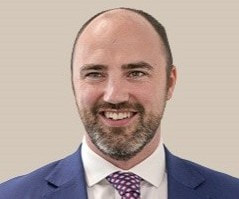Kyle Phillips is a Partner at Howard Kennedy, where he co-heads the Sport team. An expert in financial crime and regulation, Kyle’s work includes advising clients on regulatory investigations. For example, he has acted for an individual in relation to their investigation by the Esports Integrity Commission. Kyle has been acknowledged as a ‘key lawyer’ in Howard Kennedy’s Sport department by The Legal 500, which recognises him as ‘a key contact for client defences following regulatory breaches’.[1]
0 Comments
|
Archives
February 2024
|


